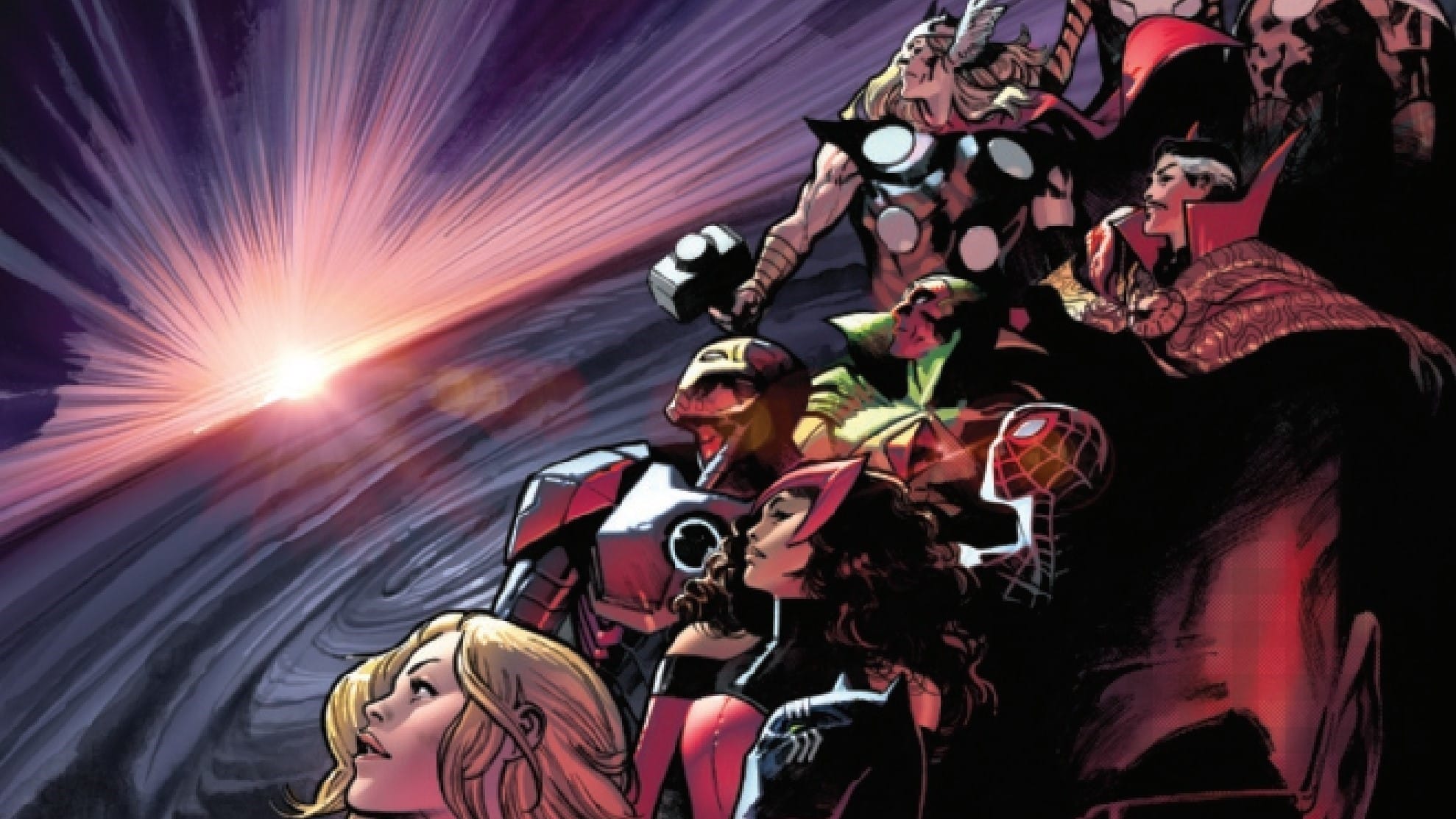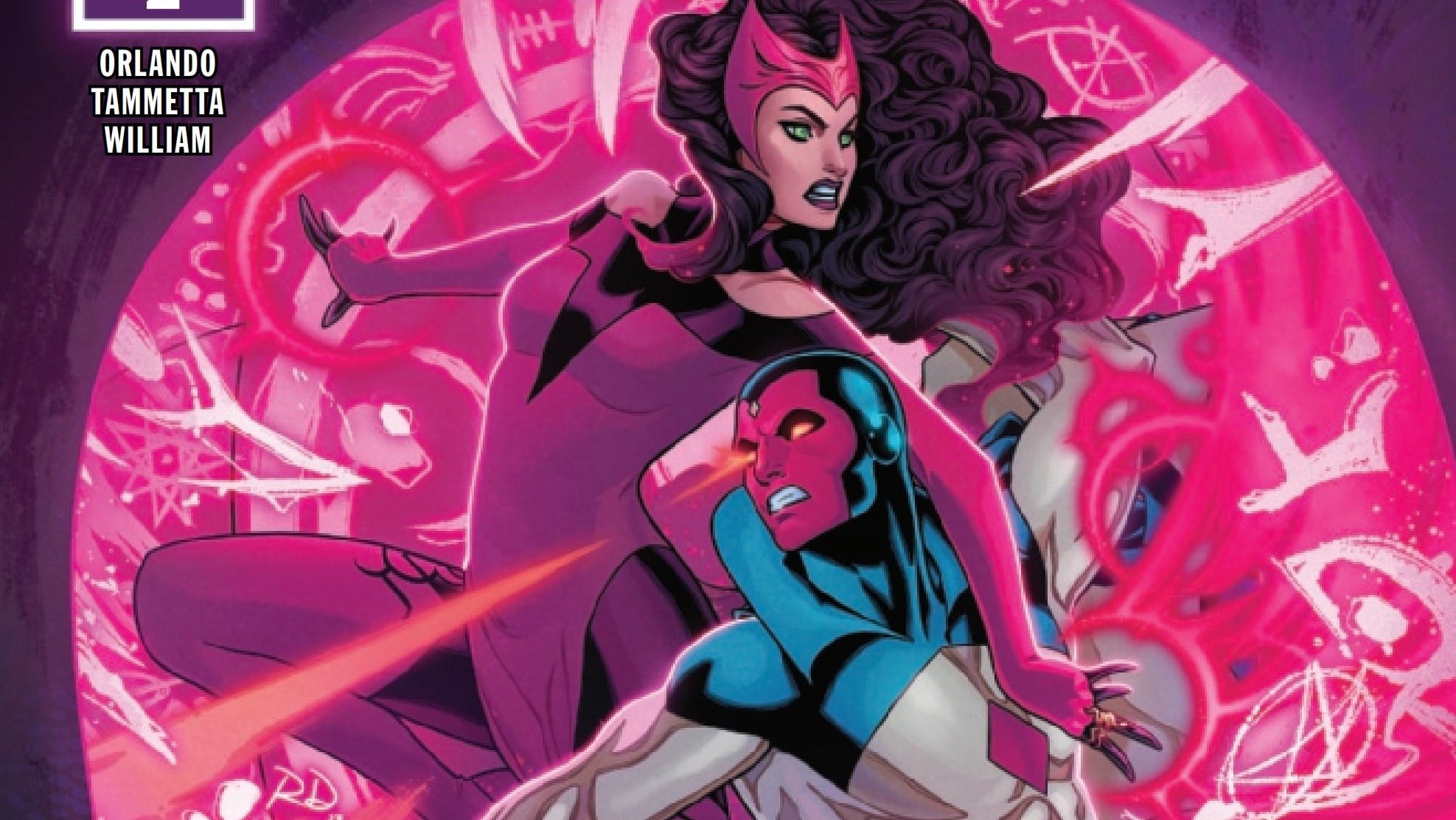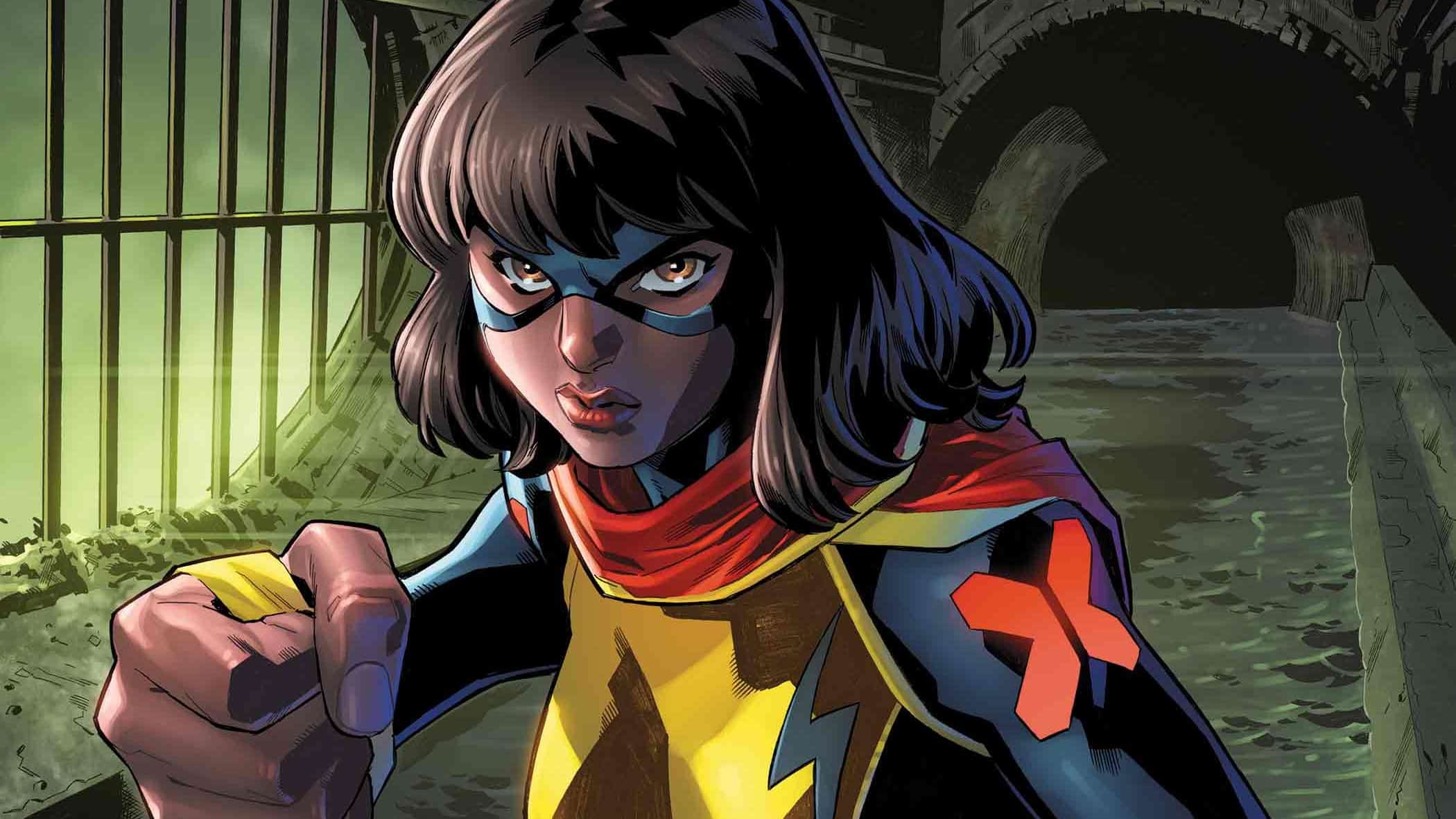The beauty of art lies in experiencing another person’s perception.
Marvel Voices: Legacy is an exhibition of diverse talent, where writers, artists and inkers of color can tell tales through characters in the Marvel universe. The six stories are diverse in tone, look, and purpose, yet unified in their goal: to give a fuller, more inclusive view of Marvel characters. They run the gamut from the avant-garde to the inspirational. They’re short in length and disconnected from canon, but canon isn’t the point: representation is. Perception is.
I was enthralled by Tochi Onyebuchi’s Domino-centered “Good Luck Girl,” and found a deep appreciation for John Ridley’s deceptively simple Miles Morales tale, “Words Do Matter.” Both works utilize limited space well (stories are about 4-6 pages in length), eschewing linear narratives to highlight character personalities. Domino and Miles felt fully fleshed out, dispute the limited page length. Making the most out of a little is what diverse artists do best.
Other stories, like the anti-SARS “A Luta Continua”, written by Nnedi Okorafor and Stephanie Williams’ “Panic and the Supermarket” don’t work as well for me. I didn’t connect with the stores or the characters as presented, even though I understood how I “should” be connecting. I found “A Luta Continua” particularly frustrating, as an ongoing travesty like SARS needs more space to do the subject justice: more depth, more descriptions, more details, more nuance.
Mohale Mashigo’s girls night out tale “Decompression” was worthy of an issue by itself, while Danny Lore’s aptly titled “Nighttime Bodega Run” needed more development to be impactful. It’s the only story where the hero feels like an object, not a subject, and that’s disappointing given the aim of this anthology.
The diversity of the stories styles, while appreciated, makes it difficult to recommend the collection as a whole to a particular set of readers. “Decompression” may be a great story for pre-teens, but would they be the same audience for the stylized violence of “Good Luck Girl?” I’m not sure. It’s not frustrating that this book tries to be all things to all people; I’m frustrated because I feel the book has to be all things to all people: Because there’s such limited space for diverse writers to publish, everything has to fit here, or else risk never getting seen.
So while I appreciate the intent of this anthology, what I really want these creators given free-reign on other, marquee Marvel properties. If the beauty of art lies in experiencing another’s perception, then the terseness of these stories limits our ability to perceive their vision, blunting the full experience of their beauty. A real commitment to diversity means diverse writers consistently writing full-length stories over an array of Marvel books. It means putting a real push behind marketing new books or special series.
It means diversity should be the norm, not simply relegated to “very special issues” released during Black History Month. A cynic might call this entire endeavor performative, a way to signal solidarity without reforming structures in editorship or talent investment that would yield true, consistent, thoroughly diverse stories.
I don’t want to be that cynic.
Marvel Voices: Legacy is a good read. It’s worth your dollars to signal support for diverse talent. But unless Marvel consistently integrates these writers and artists across all its properties, then my perception of Marvel will, unfortunately, be colored by cynicism.
A proud New Orleanian living in the District of Columbia, Jude Jones is a professional thinker, amateur photographer, burgeoning runner and lover of Black culture, love and life. Magneto and Cyclops (and Killmonger) were right.
Find more of Jude’s writing here.






